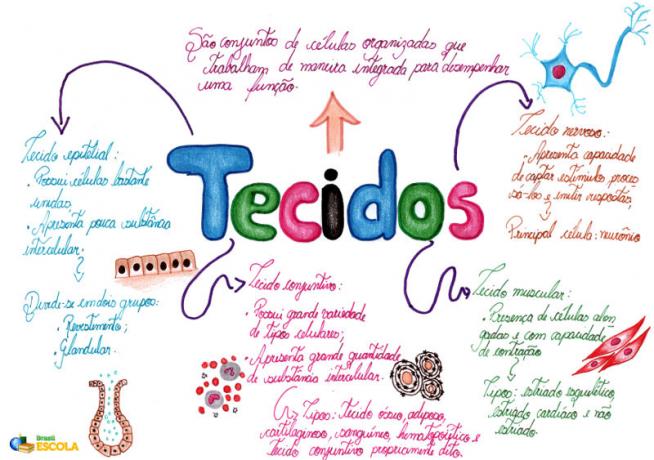The words you choose have a great impact and, at times, help in knowing where to start may be needed.
Childhood is a crucial phase in a person's development, and parents play a key role in building their children's self-esteem, confidence, and emotional skills. Here are 8 things every child needs to hear from their parents in order to grow up healthy and happy:
Words of Affection:
see more
Research reveals that teenage brains are 'wired' to…
4 cleaning habits you need to break to be happier
- “I love you just the way you are”: The unconditional love of the parents is essential for the child to feel safe and loved. Expressing this feeling strengthens the parent-child bond and contributes to the child's healthy emotional development.
- "I believe in you": Demonstrating confidence in a child's skills and abilities helps build their self-esteem and encourages them to face challenges with courage.
- “Mistakes are normal. This is how we learn.”: Teaching that making mistakes is part of the learning and growth process is essential for the child to understand that they don't have to be perfect and that they can learn from their failures.
- “You are unique and special”: Celebrating the child's individuality, respecting their characteristics, abilities and interests, helps to develop a positive self-image and cultivate self-acceptance.
Praise for effort and help with resilience:
- "I am proud of you": Recognizing the child's efforts and achievements is important for the child to feel valued and motivated to keep striving.
- “You can try again”: Encouraging the child to persist, even in the face of difficulties, contributes to the development of resilience and the ability to overcome adversity.
Validation of feelings and experiences:
- “Thanks for sharing this with me. Let’s talk about it”: Encouraging dialogue and open communication between parents and children is crucial to creating an environment of trust, where the child feels free to share his emotions, thoughts and worries.
- "I'm here for you": Ensuring that children know they can count on their parents' support during difficult times is critical to their emotional well-being and sense of security.
Discipline Use:
- “I love you and I understand that you are upset, but this behavior is not allowed.” This balanced approach helps the child understand that the parents care about their feelings, but are also firm about established boundaries.
- “These are the rules we established together.” By mentioning that the rules were established jointly, the parents reinforce the notion of shared responsibility and the importance of following the agreed guidelines. It also encourages the child to feel part of the decision-making process and to understand the purpose behind the rules.
- “Sorry, but the consequence for breaking the rules is [insert consequence here].” With this phrase, parents communicate that there are specific consequences for not complying with established rules. By explaining the consequence clearly and objectively, the child learns that their actions have an impact and that it is necessary to take responsibility for their choices.
By expressing these words and feelings, parents contribute to the healthy emotional development of their children. children, strengthening the family bond and preparing them to face life's challenges with confidence and resilience.

